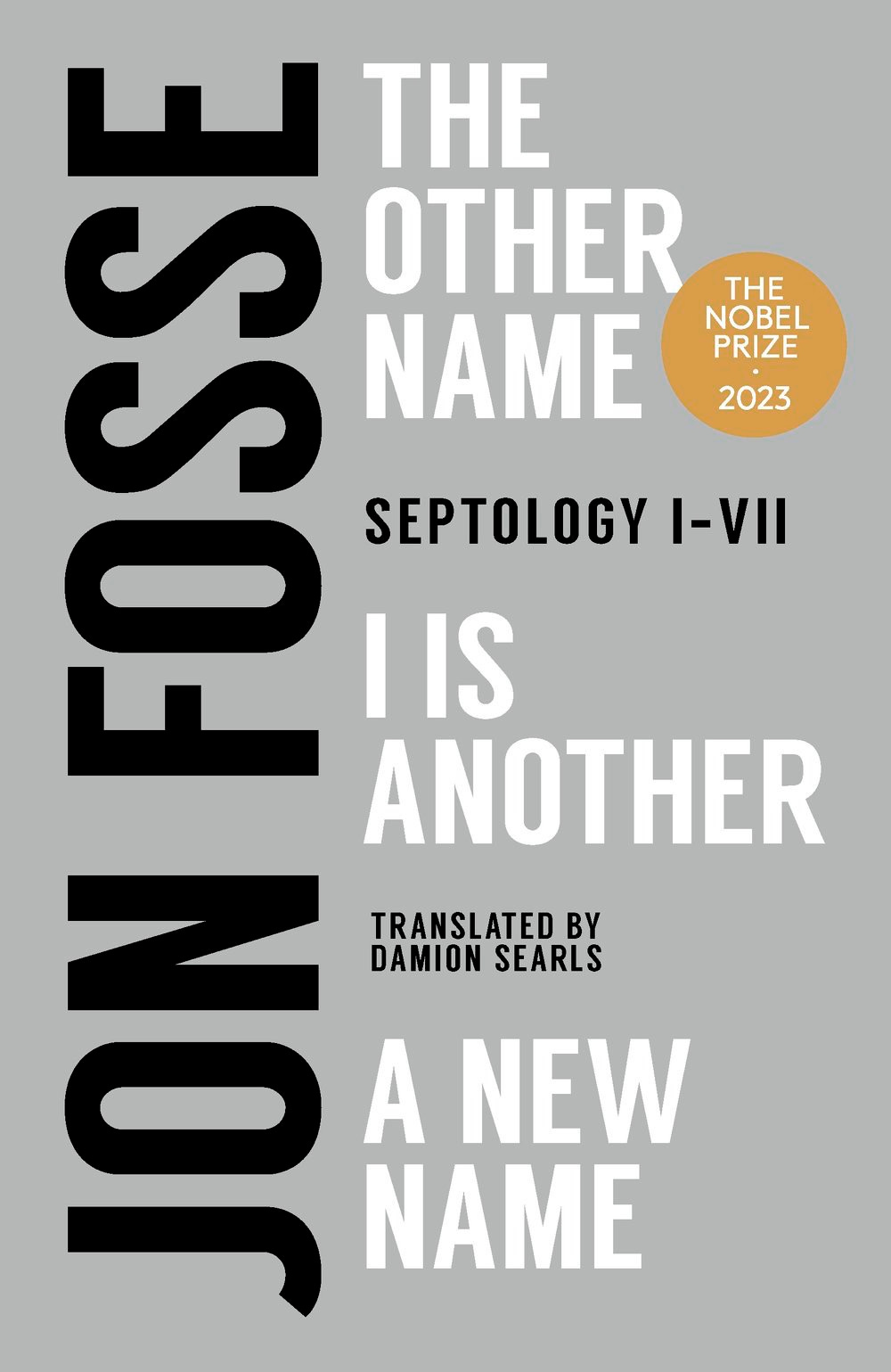Last January, I made my annual retreat and brought with me a novel titled Septology by Jon Fosse, which recently won the Nobel Prize in 2023. Septology follows the life of an artist residing on Norway’s western coast, where there lives another man with the same name. The novel is presented as a single, one-thousand-page stream-of-consciousness narrative, blurring the line between the two men’s stories. From the outset, the reader is uncertain whether these two individuals are truly separate entities or just the same person. And, as the narrative unfolds, the boundaries between their experiences and the reader’s become increasingly indistinct, leaving the reader questioning where their stories end and the reader’s own begins. The central themes explored in Septology resonate deeply with universal human experience, delving into profound questions such as the meaning of life, the significance of memory, the purpose of art and beauty, and most importantly, the essence of individuality. As I read, I found myself being drawn, not only into the narrative, but into myself, discovering something more of the mystery of my own identity.
Jon Fosse is Catholic, and I anticipate that history will honor Septology as one of the greatest Catholic novels of the 21st century. The epigraph at the novel’s beginning draws inspiration from the Book of Revelation: “And I will give him a white stone, and on the stone a new name is written, which no one knows except him who receives it” (2:17). That text in Revelation is, in fact, the fulfillment of the promise made in today’s first reading through the prophet Isaiah: “You shall be called by a new name pronounced by the mouth of the LORD” (62:2). The central idea at play in Septology is the essence of this prophecy and its fulfillment: our identity as an individual person is hidden within the mystery of God who reveals the mystery of our individuality to us through Christ. In other words, I do not know who I am, and thus I cannot become who I am supposed to be, except through the mercy of God who gives to me my identity—that is to say, a new name that I would not otherwise have.
I don’t expect you to pick up a thick Norwegian novel when you have plenty to read for school, so allow me to quote a longer passage to you. Here, the narrator reflects on what makes good art good:
maybe that’s why my good paintings, yes, all good paintings, have something to do with what I, what Christians, call The Holy Spirit, because all good art has this spirit, good pictures, good poems, good music, and what makes it good is not the material, not matter, and it’s not the content, the idea, the thought, no, what makes it good is just this unity of matter and form and soul that becomes spirit, that’s what culture is, probably, he says, it’s probably just one person being like another person that creates a culture, for example wearing a suit and tie, while what art is, yes, art is everyone just being like themselves, and totally themselves
A good work of art is the fruit of the harmonious cooperation between a person in his or her individuality and the Holy Spirit who brings their individuality to completion and allows it to produce something true, good, and beautiful. To continue my philosophizing from last week, it is the Holy Spirit who moves our potentiality to act, as he makes real what lies within us. I can only be and can only make that which the Holy Spirit enables and empowers me. And for this reason, Saint Paul teaches that “to each individual the manifestation of the Spirit is given for some benefit,” or, as another translation puts it, “for the common good” (1 Cor. 12:7; NABRE, RSVCE). The diversity of the Spirit’s gifts is as numerous as the diversity of the individuals to whom those gifts are given, so that what the Holy Spirit does in us as individuals is as individual and diverse as we are.
Your life is meant to be a good work of art, the fruit of the cooperation between you and the Holy Spirit, bringing your individuality to its completion. You are a distinct individual, created and cherished uniquely by God and set apart for a specific purpose that belongs to no one but you. God alone knows the mystery of your individuality—that “new name” of which Scripture speaks, which in the fullness of time he will reveal to you. You will discover who you are in the mind and heart of God to the extent—and, let me be clear, only to the extent—that you allow the Holy Spirit to manifest that mystery before you.
To believe that truth, you must first believe in God’s power to bring the extraordinary from the ordinary. Notice Jesus’ course of action in today’s Gospel. He responds to the great embarrassment of there being no more wine at a wedding feast by first instructing the servants to draw water. Had he wanted, he could have filled those jars with wine himself in an instant. Instead, he manifests his power to bring something good, true, and beautiful—wine that is so remarkable that it surpasses the quality of what had been previously served—from what is plain and ordinary. In relation to Jesus’ power, the water is an unnecessary intermediary step; but in relation to us, the water stands to prove that the Lord can and will bring what is extraordinary from what is ordinary. That he will make of us, individuals with all of our faults, a new creation in him.
John the Evangelist places the miracle of the wedding feast at Cana as the first of Jesus’ in his Gospel. He calls it, “the beginning of his signs at Cana in Galilee and so revealed his glory.” In other words, Cana is just the beginning. The fullness of what the Lord will do, not only in Cana but well beyond, has yet to be revealed. His glory is not yet on full display. Yet in the fullness of time, it will be, when he hangs upon the Cross and it is not water and wine, but water and blood, that flow from his side. The water symbolizes our baptism, the blood our Eucharist. Through these two sacraments, the Holy Spirit accomplishes the work of revealing to us the mystery of ourselves, of advancing us in faith and virtue, and of making our lives something that is holy and pleasing to God the Father.
“You shall be called by a new name pronounced by the mouth of the LORD.” That is the promise the Lord makes, but will we give him the space to fulfill it? Or will we continue down the path of defining our individuality for ourselves instead of receiving it as a gift from the God who made us, who cherishes us, and who calls us to eternal life? He leaves it to our freedom to decide, and you can choose either side, but I hope you can see that the stakes are high. For what can we be if not the individual pronounced by the mouth of the LORD?
Given at Mount St. Mary’s University, January 19, 2025.





